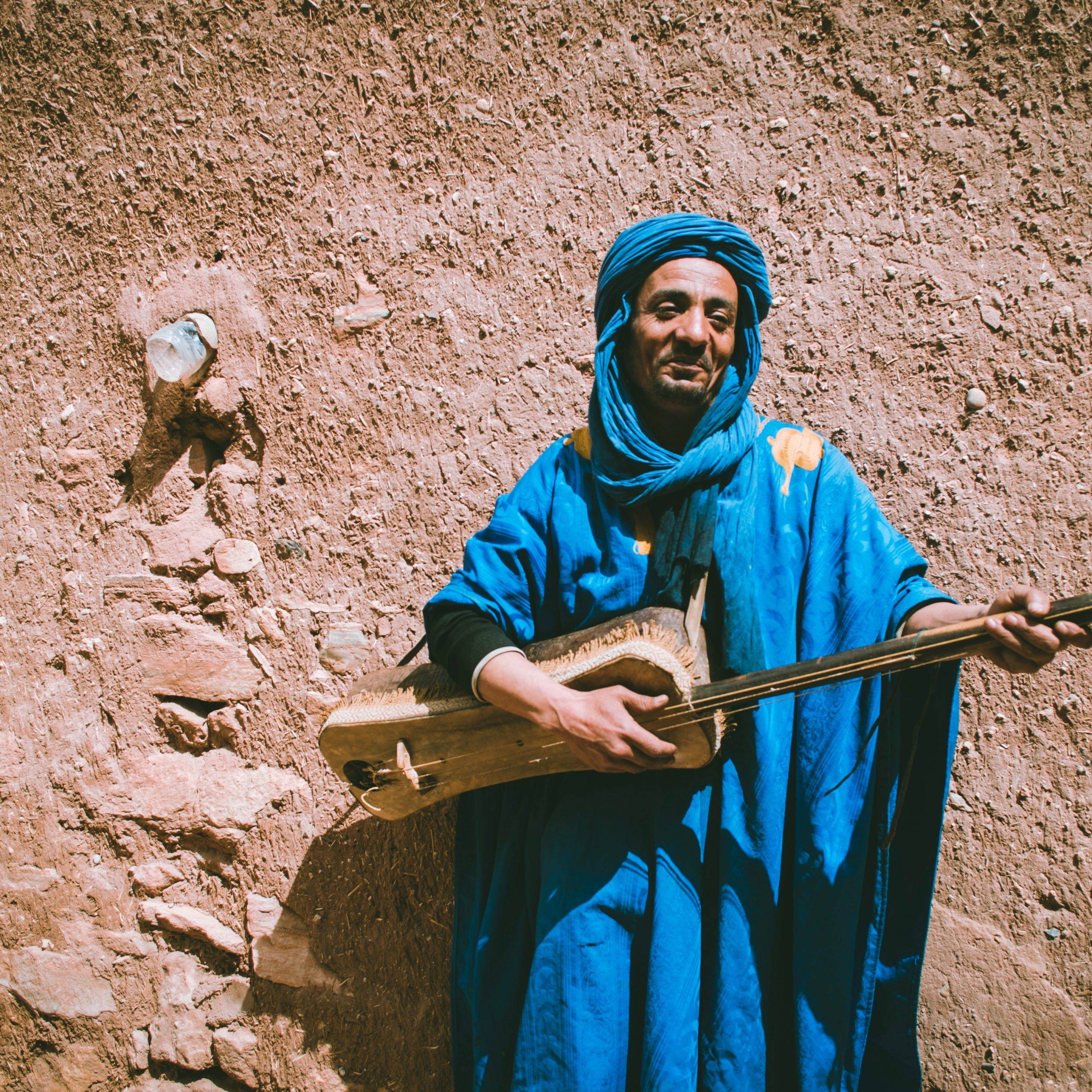Is Morocco French or African?
Morocco, a country nestled in the northwest corner of Africa, is a land of diverse cultural influences. Its unique history and geography have given rise to a fusion of French and African elements that make Morocco a truly captivating destination. In this article, we’ll delve into the intricacies of Morocco’s cultural identity, exploring its French and African connections, and uncovering the rich tapestry that defines this remarkable nation.
Table of Contents
A Historical Overview
Colonial Legacies: French Influence in Morocco
Morocco’s history bears the imprint of French colonialism, which lasted from 1912 to 1956. During this period, French governance left an indelible mark on Moroccan institutions, language, and architecture. French became a significant language in education and administration, and remnants of this era still resonate in the modern Moroccan society.
African Roots: Morocco’s Indigenous Heritage
Beneath the veneer of colonial influence lies Morocco’s deep-seated African heritage. Indigenous Berber tribes have inhabited the land for centuries, preserving their unique traditions, languages, and arts. The Berber influence is particularly evident in Morocco’s rural areas and the Atlas Mountains, where distinct cultural practices have stood the test of time.
The Cultural Melting Pot
Language and Identity: French vs. Arabic
One of the most compelling aspects of Morocco’s identity is its linguistic diversity. Arabic is the official language, reflecting the nation’s African roots, but French remains widely spoken due to its colonial legacy. This linguistic duality is a testament to Morocco’s intricate blend of cultural threads.
Cuisine: Where Flavors Converge
Morocco’s cuisine is a delectable fusion of African and French gastronomy. Traditional African ingredients like couscous and tagine coexist with French-inspired pastries and bread. The resulting culinary landscape is a tantalizing journey through the flavors of both worlds.
Architecture: Blending Styles
Morocco’s architecture showcases an amalgamation of styles. French colonial buildings often stand alongside traditional African riads, creating a captivating contrast that narrates the nation’s historical evolution.
Celebrations and Festivals
French-Inspired Celebrations
While Morocco’s roots are African, French celebrations have integrated into the cultural calendar. Bastille Day, for instance, is observed in some regions, showcasing the country’s willingness to embrace diverse festivities.
African Traditions Continued
Despite external influences, Morocco continues to celebrate its African heritage through events like the Gnaoua World Music Festival and Berber festivals. These events honor the indigenous traditions that have persevered through the ages.
Contemporary Identity
Tourism and Perception
Morocco’s dual identity has made it a magnet for tourists seeking a unique blend of cultures. Travelers are drawn to the juxtaposition of French elegance and African vibrancy, making Morocco a destination that encapsulates the best of both worlds.
Challenges and Opportunities
However, this complexity presents challenges as well. Balancing diverse cultural elements while preserving authenticity requires delicate navigation. Morocco strives to find equilibrium, embracing both its African and French facets without compromising its distinct identity.
Conclusion
In the heart of Morocco’s enchanting landscape lies a cultural puzzle woven from French and African threads. This nation defies simplistic categorization, embodying a harmonious blend of influences that have shaped its past and continue to mold its future. To truly comprehend Morocco’s essence is to embrace its dual identity, a testament to the richness that emerges when cultures intertwine.
FAQs
- Is French widely spoken in Morocco? Yes, due to the colonial history, French is still widely spoken and serves as an important language in education and administration.
- Are Berber traditions still practiced in Morocco? Absolutely, Berber traditions are an integral part of Moroccan culture, especially in rural areas and the Atlas Mountains.
- What is the Gnaoua World Music Festival? The Gnaoua World Music Festival celebrates the rich Gnaoua heritage, a unique blend of African and Berber musical traditions.
- How does Morocco balance its dual identity? Morocco faces the challenge of maintaining a delicate balance between its French and African influences, striving to preserve its authentic identity.
- What makes Morocco’s cuisine unique? Morocco’s cuisine is a fusion of African and French flavors, resulting in a tantalizing array of dishes that cater to diverse palates.


0 Comment